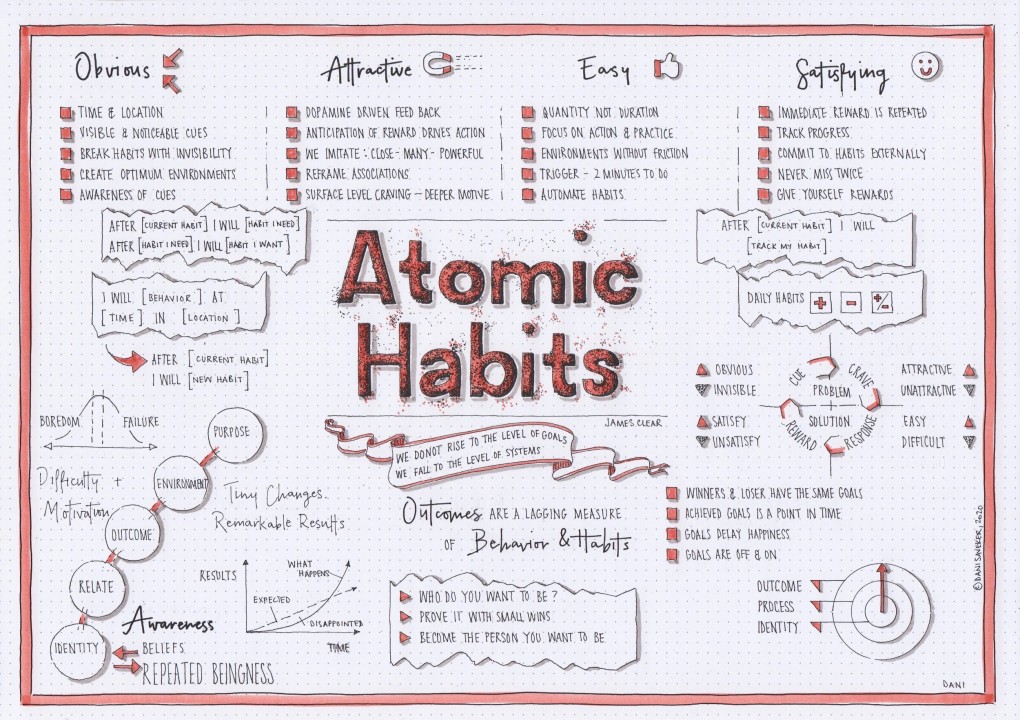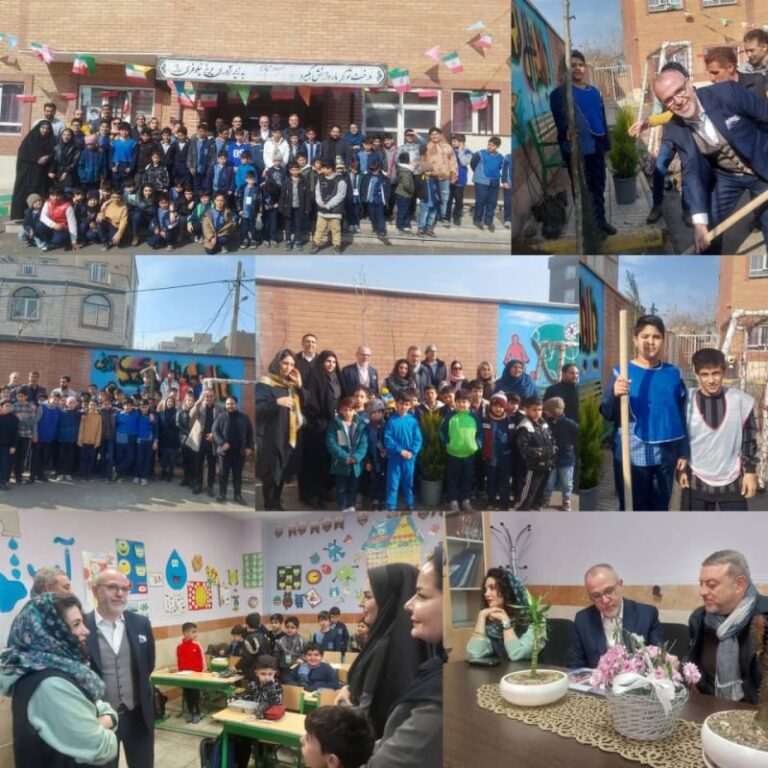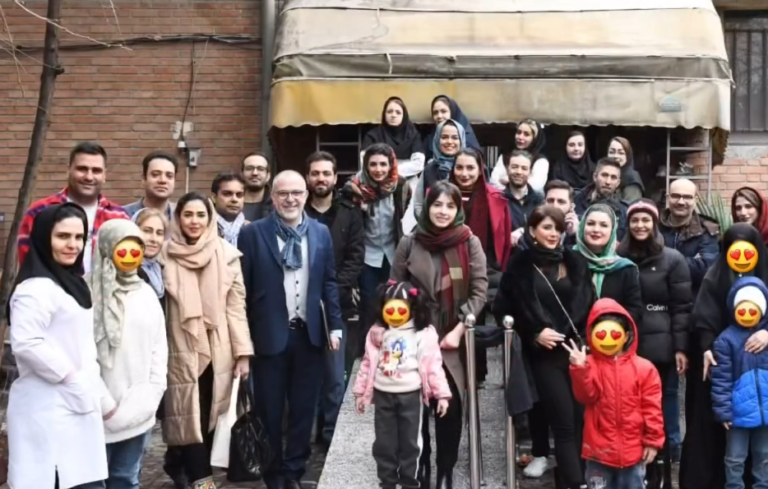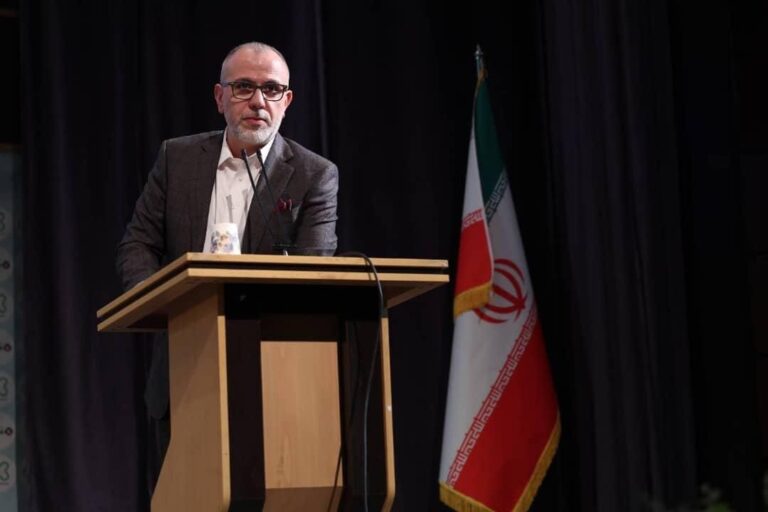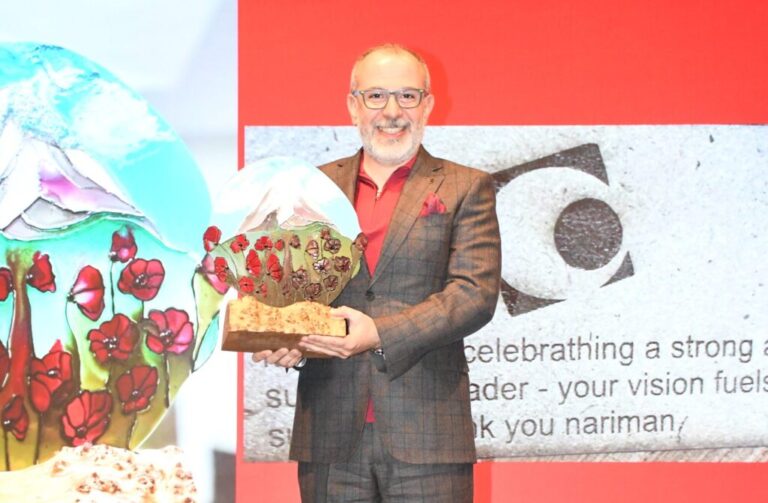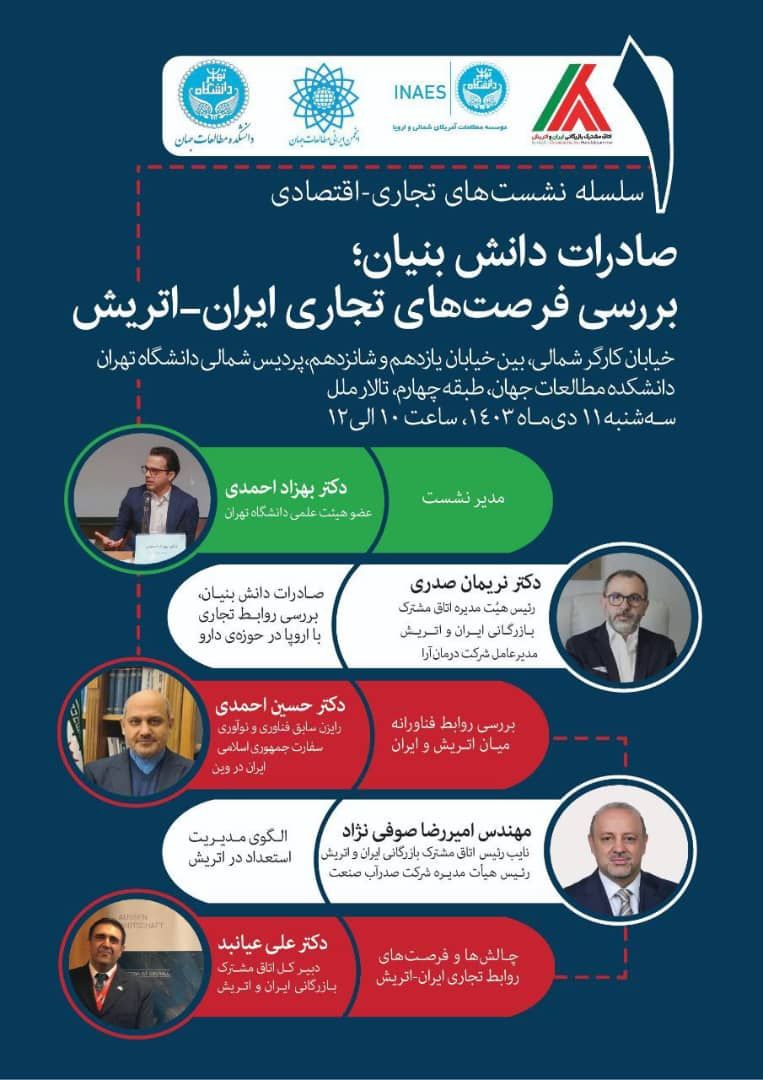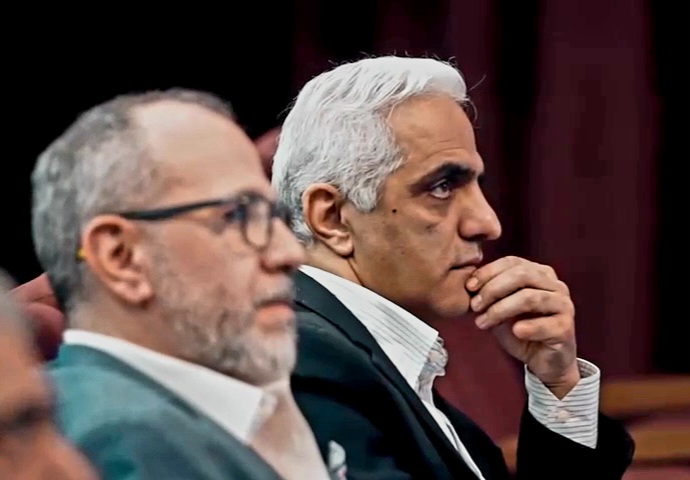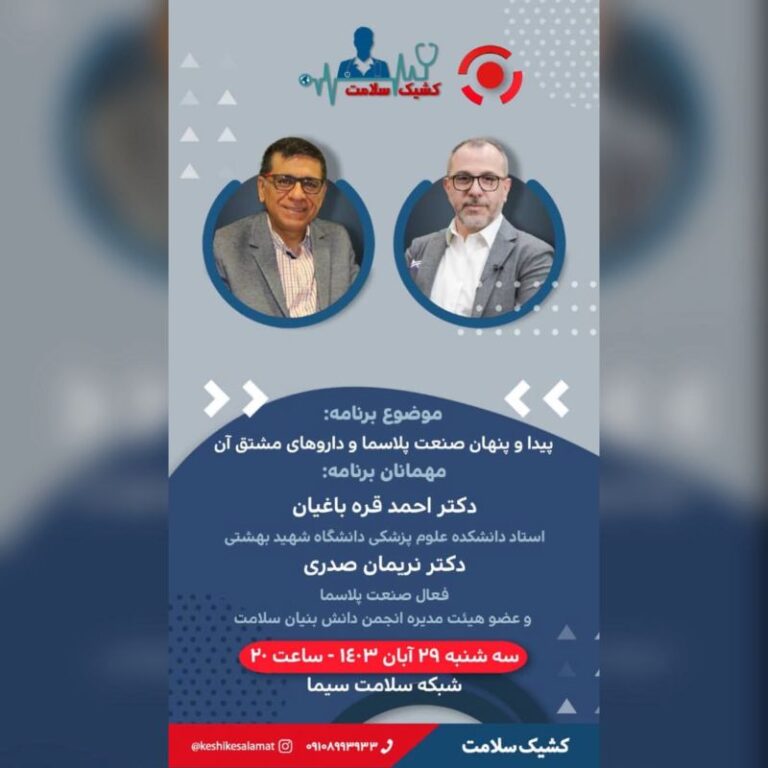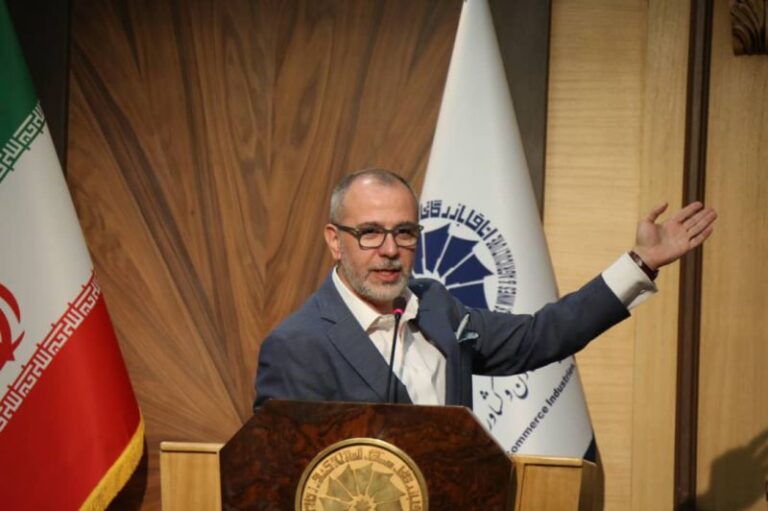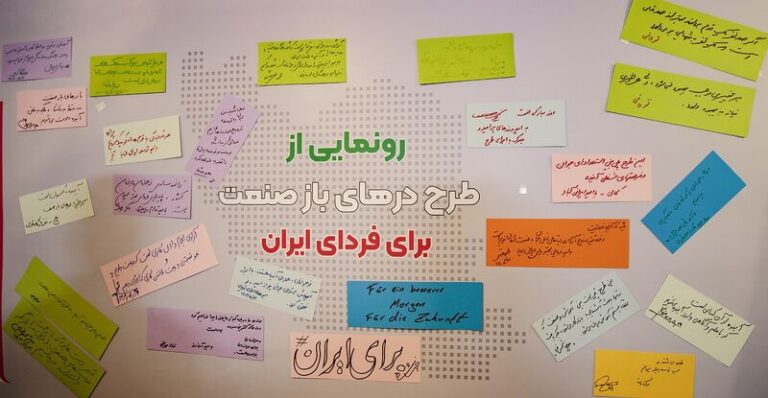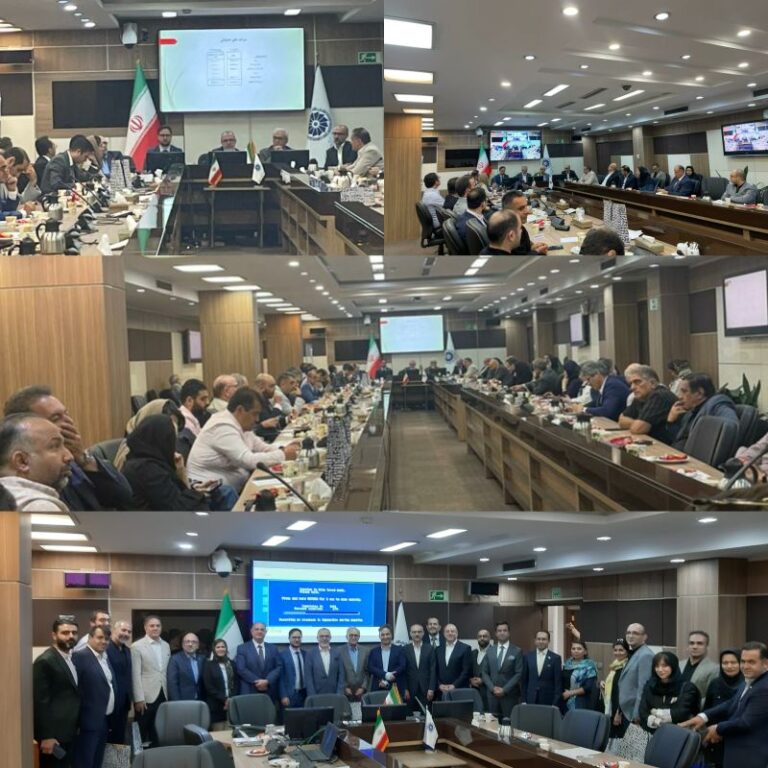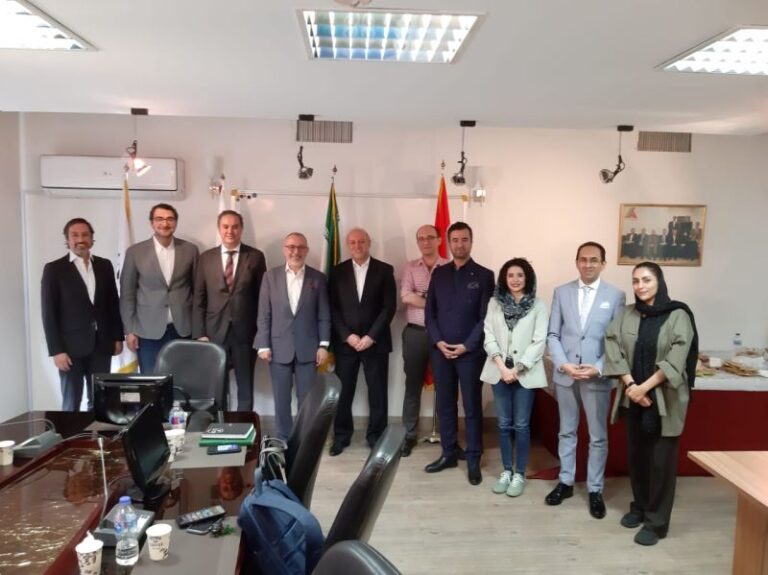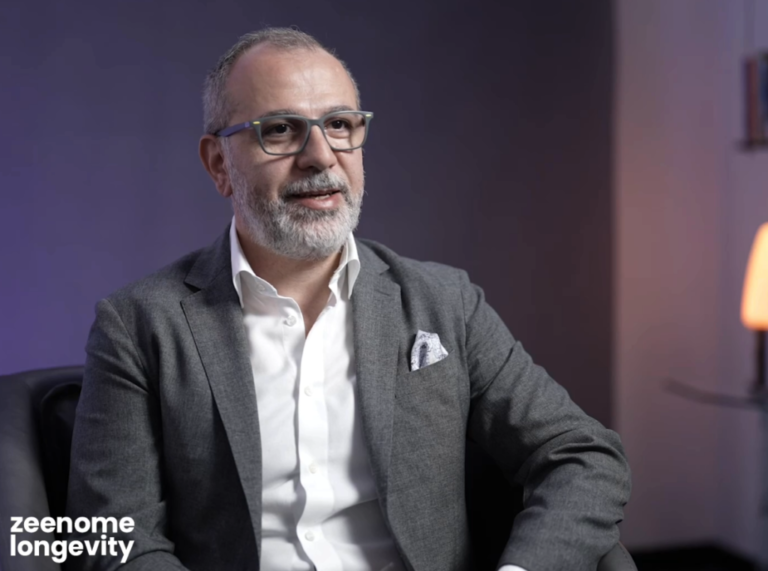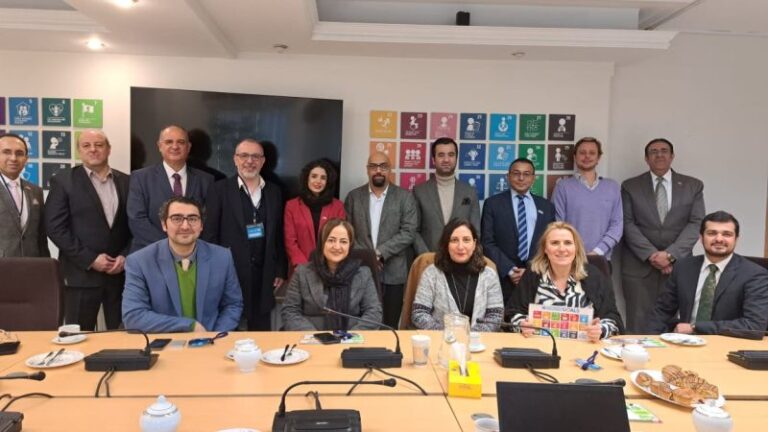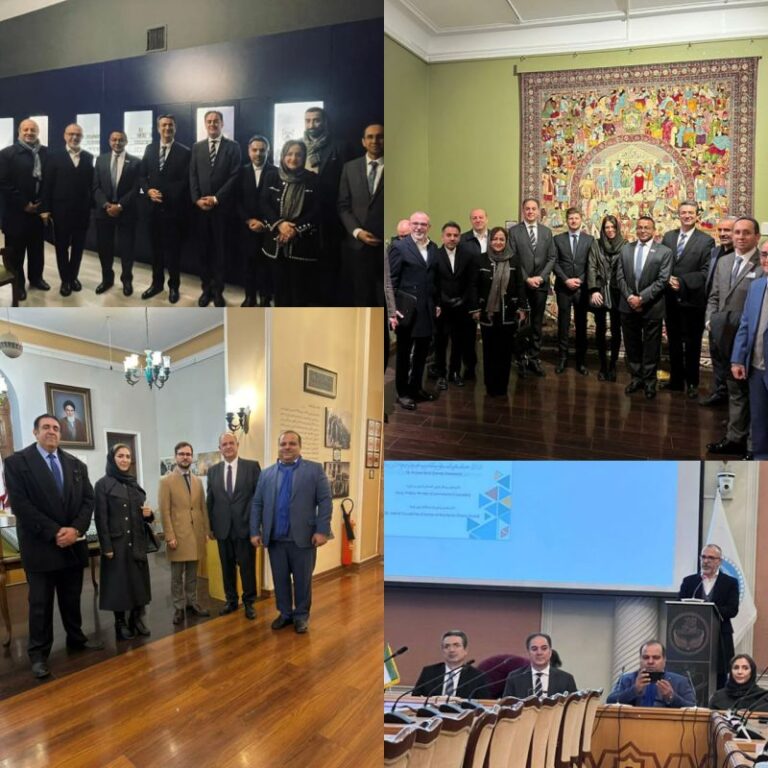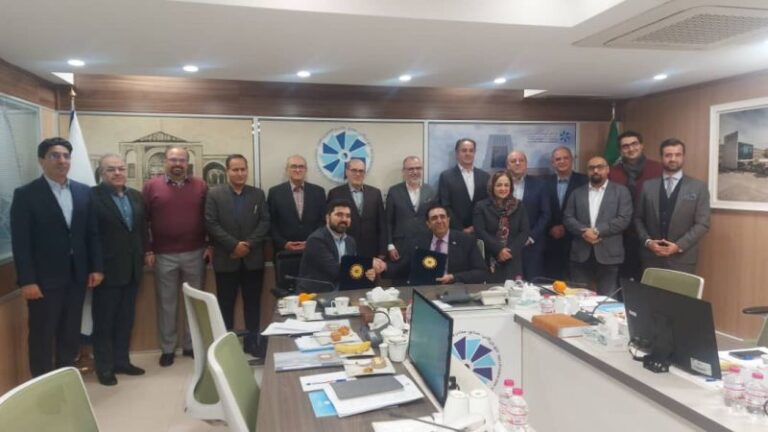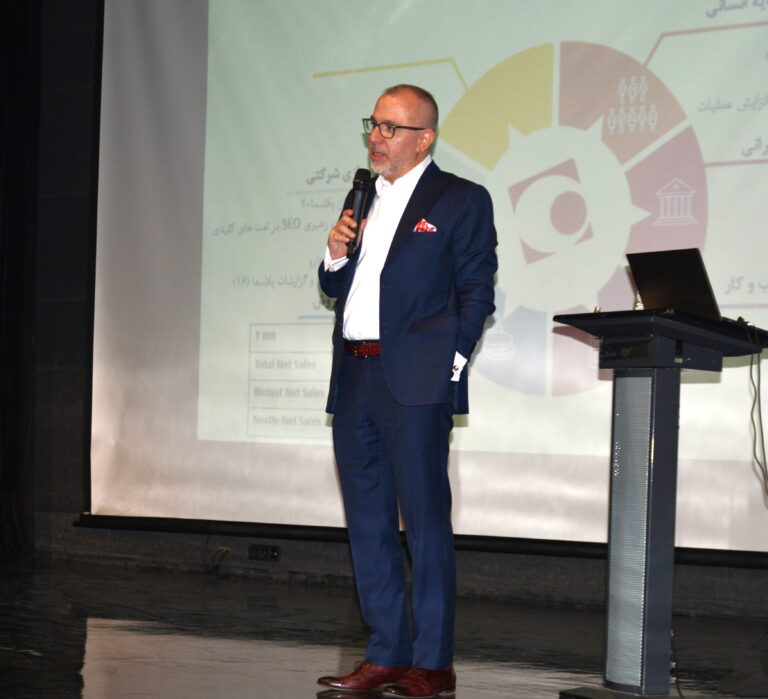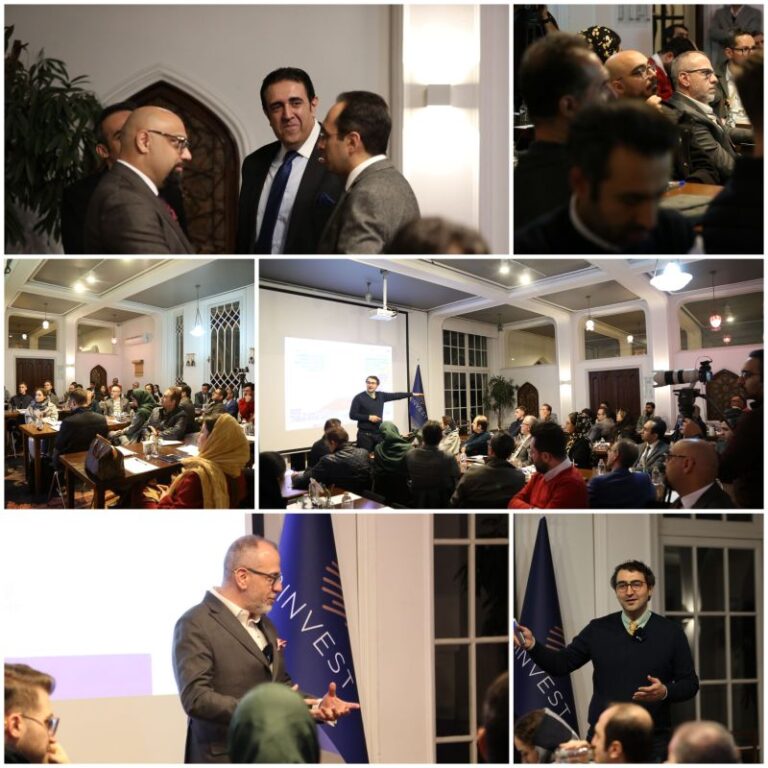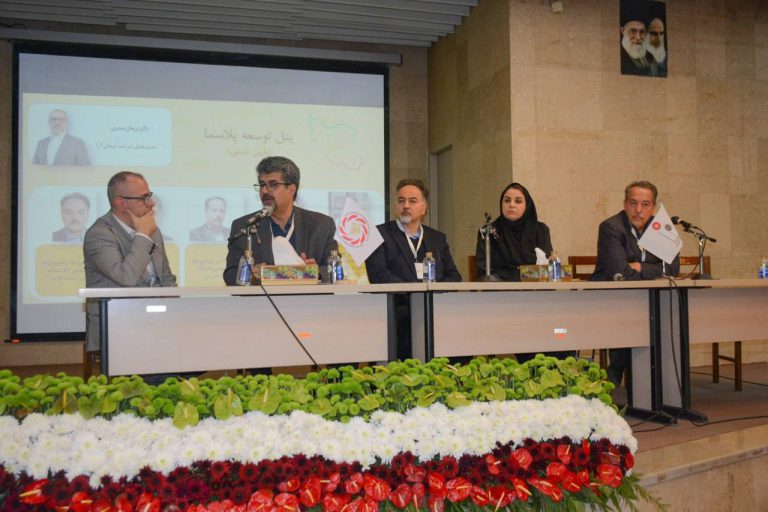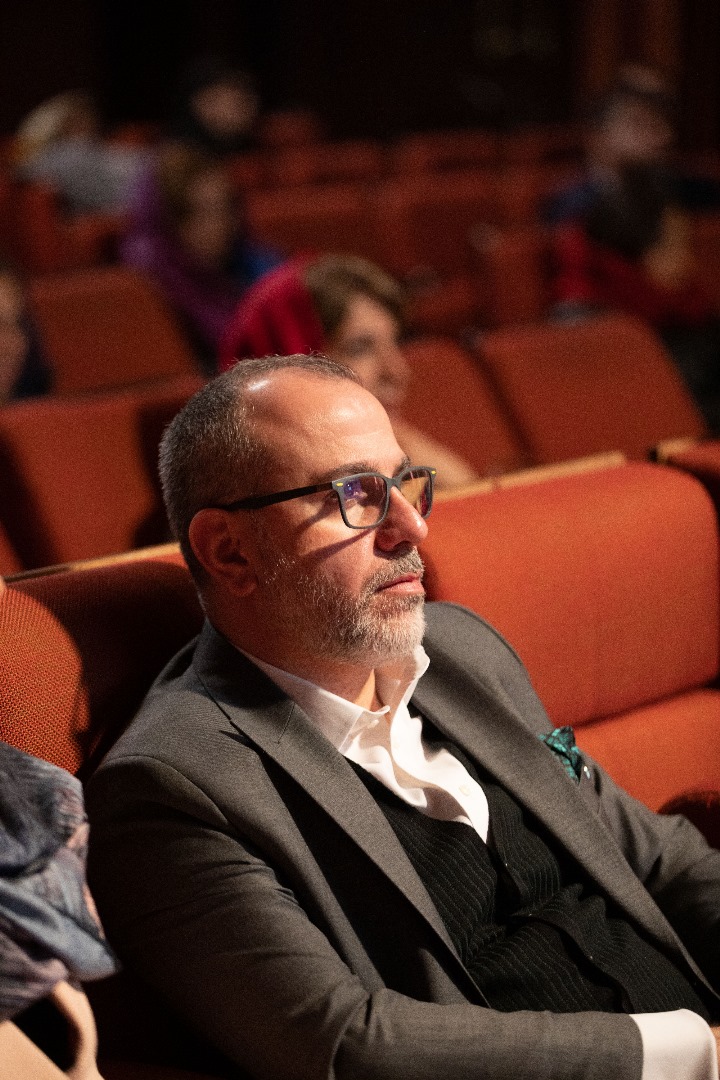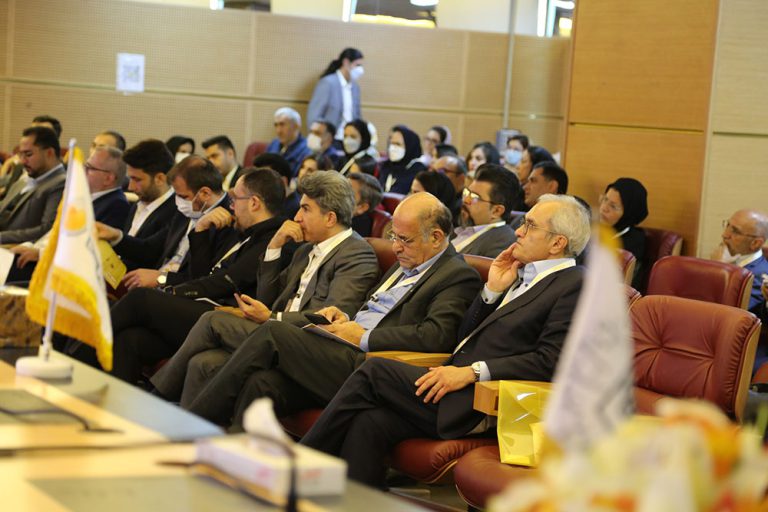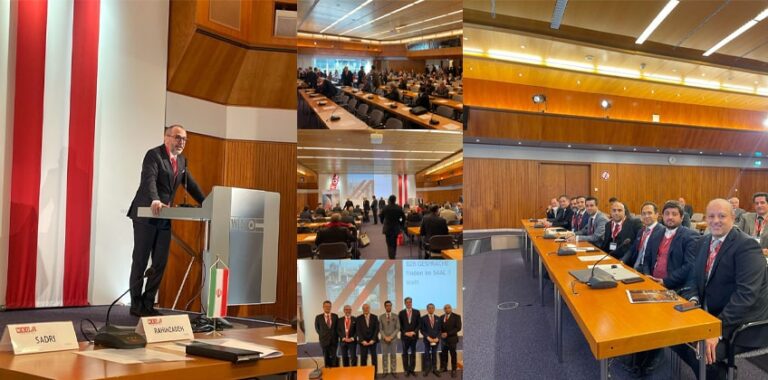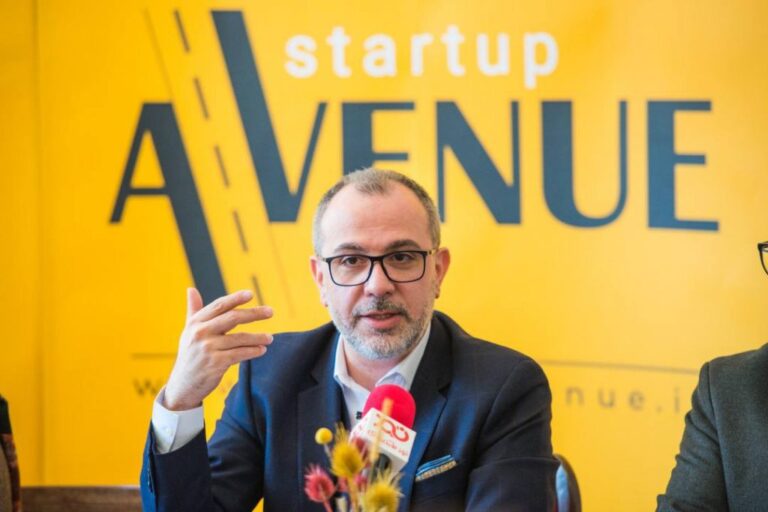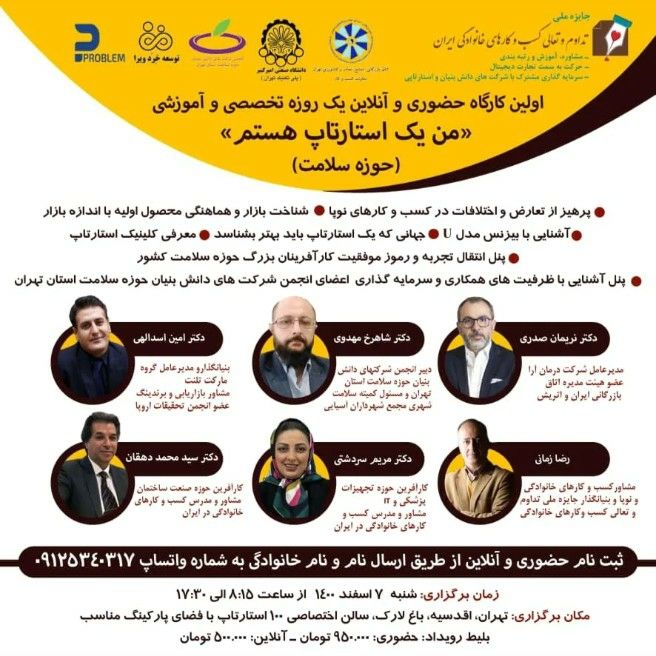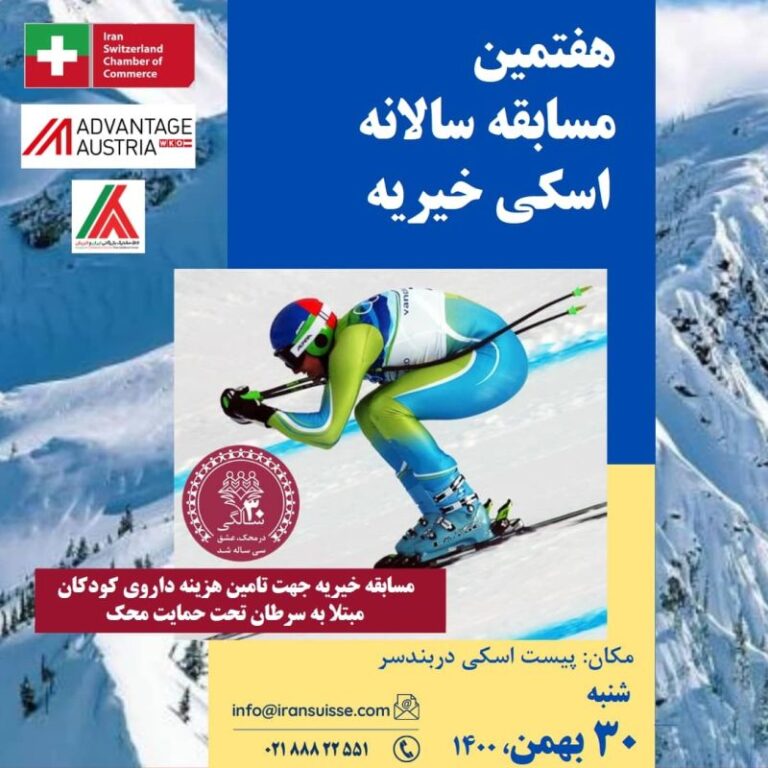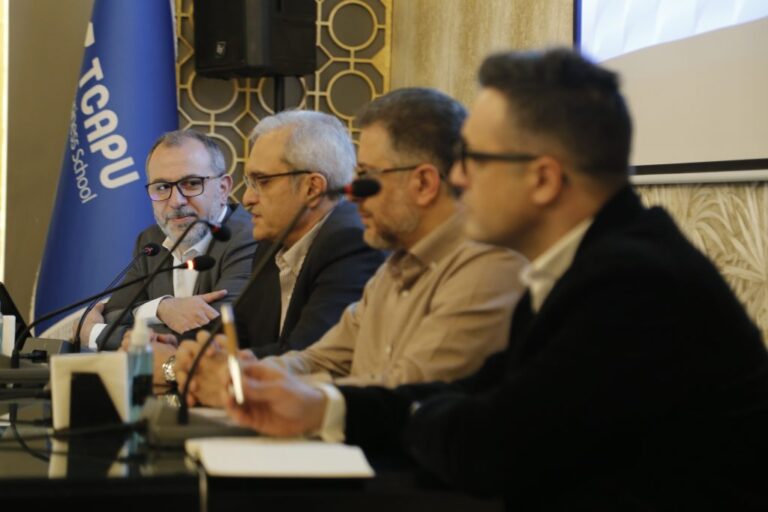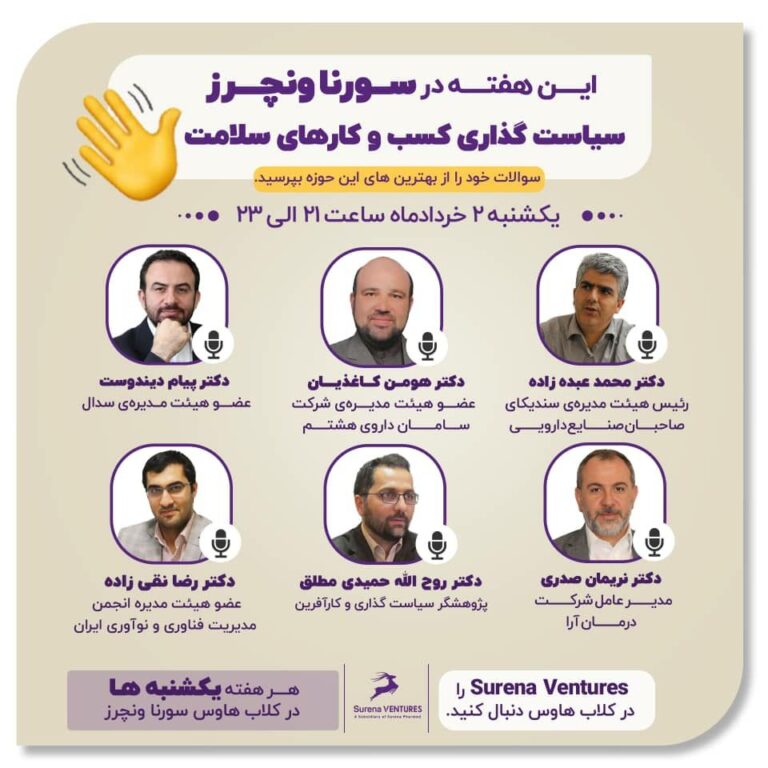For the past few weeks, after listening to an incredible lecture by Dr. Azarakhsh Mokri about habits, my colleagues and I have been discussing ways to cultivate good habits, sharing fascinating experiences along the way. Interestingly, one habit that seemed to trouble almost all of us was our dependence on social media and mobile phones. Just yesterday, during a personal development workshop led by my dear friend, Engineer Vafa Kamalian, the topic of building good habits in leadership came up. I thought it would be a shame not to share the insights I’ve gained during this time with you.
Success is the product of our daily habits, not a sudden transformation. Our character, too, is shaped by the repeated actions and habits we form – in essence, our habits define who we are. When we describe someone’s traits, even many physical attributes that aren’t rooted in genetics stem from good or bad habits.
Biologically, the human brain has evolved to rely on habit formation as a survival mechanism. Habits serve several essential functions:
- Energy Conservation – Habits allow the brain to save energy. Remember how difficult learning to drive was at first? Now, you drive effortlessly without much conscious thought or energy.
- Faster Reactions – Habits enable quicker responses to various situations, enhancing our ability to deal with threats – a skill honed through evolution.
- Skill Enhancement – Habits improve the quality of our responses. Neurons involved in habitual behaviors learn to cooperate, much like musicians in an orchestra, producing refined and efficient outcomes. Think back to how your hands, feet, and eyes synchronized when you learned to drive – an intricate coordination that eventually became second nature.
Now, let’s return to the idea of building good habits or breaking bad ones. Progress in changing habits isn’t linear; rather, it follows a logarithmic curve. The image accompanying this article, inspired by Atomic Habits by James Clear, illustrates this concept. Many of us struggle to internalize good habits like exercising or maintaining a healthy diet because we expect immediate results and assume progress will be linear – a mindset that isn’t realistic. We must understand that, much like planting seeds, there is a long nurturing period before any visible growth appears.
One popular model for developing good habits or stopping bad ones is the Habit Loop, which reflects the physiological cycle behind behavior formation. By designing this loop in four stages and committing to it, we can intentionally cultivate or eliminate habits.
The Four Steps of the Habit Loop:
Step 1: Cue (Trigger)
The cycle begins with environmental cues – for instance, seeing your phone might trigger social media use, spotting a bag of chips could lead to snacking, or having workout clothes laid out the night before can prompt morning exercise. Cues activate neural circuits linked to the habit, initiating the behavior.
Step 2: Craving (Desire)
Dopamine release in the brain fuels our craving to repeat certain behaviors. Dopamine drives us to seek pleasure, reinforcing habits. This is why addictive substances are so habit-forming – they stimulate dopamine release. By attaching pleasurable rewards to new habits, we increase their likelihood of sticking. For example, if you know something brings you joy (like a hobby or indulgence), link it to the new habit. Sometimes, reframing the habit helps – if you aim to lose weight, imagine the pleasure of fitting into a favorite outfit to generate motivation.
Step 3: Response (Action)
For good habits to take root, the response must be simple. For instance, committing to a gym that requires a 30-minute drive every morning may fail, while jogging near your home is easier to integrate into your routine. Remember, we are training neurons to perform like an orchestra. Simple responses accelerate this coordination, fostering faster habit formation.
Step 4: Reward (Gratification)
Reward yourself for progress – especially in the early stages when results aren’t visible, and you risk falling into the “valley of disappointment.” Celebrate small victories, even if the outcomes are imperceptible at first. Perhaps treat yourself to a favorite meal after a workout or attach a small punishment to bad habits.
My friends and I plan to practice building good habits together. It’s also a fantastic exercise in self-awareness. I hope you give it a try and enjoy the process!
Photo used with permission from www.visualsynopsis.com.

